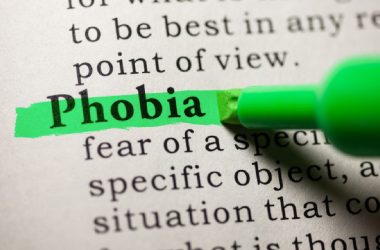Introduction
Anxiety attacks can be distressing and terrifying experiences. While anxiety is often seen as a mental condition, it can also manifest in physical symptoms. It’s important to be aware of these symptoms, as they can sometimes be mistaken for other medical conditions. In this article, we will discuss the immediate physical symptoms of an anxiety attack and how to recognize them.
Anxiety Attacks Explained
An anxiety attack is an episode characterized by excessive worry, discomfort, and fear in response to a threatening or stressful situation. It is not caused by a specific factor, but rather by a combination of factors such as stressful life events or triggers from the present or past. Some common causes of anxiety attacks include exams, conflicts at home, unemployment, stress at work or school, life transitions, loss and grief, and financial difficulties.
Signs of an Anxiety Attack
It’s important to pay attention to the signs of an anxiety attack and not ignore them. Here are some common symptoms to look out for:
1. Breathing issues: During an anxiety attack, you may experience shortness of breath or difficulty breathing. This sudden change in breathing pattern is hard to ignore.
2. Palpitations: Palpitations can cause physical discomfort and make you feel like your heart is racing or skipping beats. This can sometimes be mistaken for a heart attack, especially when accompanied by chest pain.
3. Shaking and shivering: When the body goes into high alert mode, a rush of adrenaline can cause shaking and shivering during an anxiety attack.
4. Dizziness: Feeling dizzy or unsteady is another common symptom of an anxiety attack. Some individuals may also experience lightheadedness and worry about passing out.
5. Headaches: Tension caused by anxiety can often lead to headaches. Sharp pain or pressure around the head and eyes are common physical symptoms during an anxiety attack.
Duration of Anxiety Attacks
Anxiety attacks typically last for a few seconds, but they can also continue for up to 20 minutes or longer. The duration of an anxiety attack varies from person to person and depends on factors such as the level of stress and the presence of supportive factors like family and friends.
Treatment and Management
A combination of therapy and medication is often recommended for treating and managing anxiety. Additionally, there are some things you can do to cope with an anxiety attack, such as chewing gum or smelling soaps. However, it is crucial to address the underlying causes of these attacks with a qualified mental health professional to prevent future episodes.
Remember, recognizing the symptoms of an anxiety attack is the first step towards managing and seeking proper treatment for this condition.









